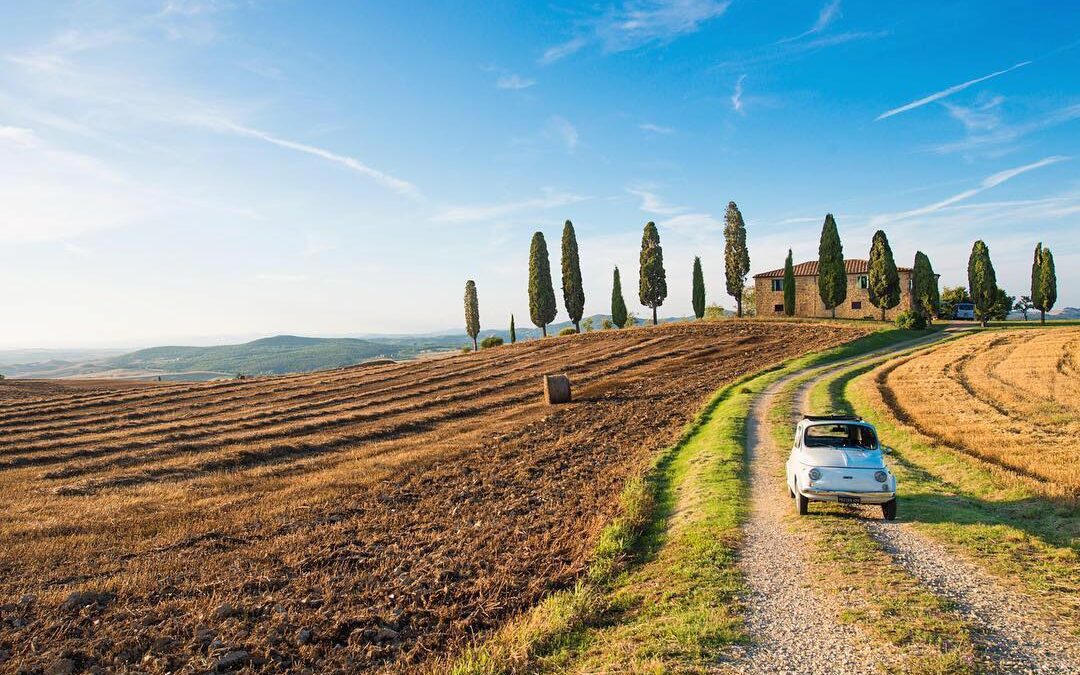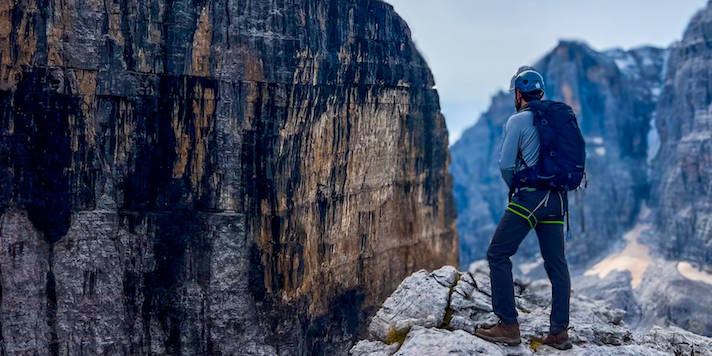“But man is a part of nature, and his war against nature is inevitably a war against himself.”
– Rachel Carson
By: The Unsettled Team
Today is the 50th anniversary of Earth Day. In light of COVID-19 and its effects on the entire planet, the shared responsibility of humanity and our interconnectedness has never been felt more in our lifetimes.
As much of our daily lives are on pause to keep our communities safe, it is almost like we are putting a magnifying glass up to ourselves and to our habits. We can more clearly recognize how so much of what we do, how we consume, and where we spend our money, are the results of our habits going on “autopilot”.
Perhaps this temporary positive environmental impact of less travel, less waste, and less fossil fuel use we are experiencing will kickstart a more mindful, greener, and lasting approach to our production and consumption habits?
On this Earth Day, at a time when many of us can only marvel at the earth’s magnitude and beauty from afar or through computer screens, we wanted to explore how travel both helps and harms our planet — with the hopes of taking these insights to heart when we begin to travel again in the future.
How Travel Can Help the Environment
1. Experiencing new cultures, diverse surroundings, and unknown terrain foster greater empathy, cultural understanding, and a deeper sense of universal humanity.
2. We feel a greater sense of responsibility for the natural world and are starkly reminded that we are only visitors on this planet, and should aspire to leave it better than we found it.
3. Traveling is an educational experience. It is a neverending course in biology, sociology, history, anthropology, philosophy, diversity, and the school of life.
4. Contributing to the tourism economy and the many small businesses that depend on travelers to purchase their goods and services for their own livelihoods.
5. Traveling sparks creativity, imagination, and ingenuity. It is by combining different diverse cultural elements, and people from differing backgrounds, that spark so many of the greatest stories, inventions, and solutions.
How Travel Can Harm the Environment
1. The elephant in the room is that traveling uses fossil fuels, especially air travel. This negatively impacts air quality, and without offsetting our carbon emissions in the atmosphere, the planet suffers. While far from perfect, we can offset carbon emissions. At Unsettled, we use Gold Standard to offset our flights. Most major airlines that travel international routes offset their flights, however because it is imperfect, experts encourage individuals to make their own contributions through an organization like Gold Standard.
2. Overtourism in so many of the earth’s hotspots contributes to more trash, more footprints, more pollution, and environmental destruction in once-vibrant natural wonders. Overtourism can overwhelm the infrastructure of an area that is only meant to sustain a certain amount of people (e.g. roads, sewage, etc.). This is why at Unsettled we choose our destinations and our vendors wisely (like rural Tuscany, for example). Even when we travel to more popular destinations like Ubud, Bali, we work with vendors that have strong local ties to the surrounding community and follow their best practices.
3. According to the UN Environmental Programme, “today, human activity has altered almost 75 percent of the earth’s surface”. When we travel we have the power to alter the earth’s surface (e.g. deforestation, developing unnecessary infrastructure). A solution is choosing accommodation that is older, rather than the new lodge that was built as a result of deforestation.
4. Travel allows for the easier spread of non-native and possibly invasive plant and animal species, negatively impacting ecosystems. For example, the dung beetle that is destroying trees in South Africa. Some suspect this beetle got there in shipping materials from overseas. Something we can do to help curb this is to ensure we wash our clothes and hiking boots before we enter and after we leave a destination, like a National Park.
5. The tourism industry contributes to the unnecessary production of nonperishable mobile products (like water bottles). Especially when you are traveling, try to shop local which is better than buying imported products that have a larger carbon footprint. For example, Unsettled Experience Leader Scully makes sure that she takes home whatever plastic she uses on the road, and this changes how many plastic water bottles she buys as a result.
“The better we manage nature, the better we manage human health,” writes the UN Environmental Programme. The healthier the air is, the ecosystems are, and the environment is on the whole, the healthier humans are and the fewer diseases there are.
On this Earth Day, let’s think about how the coronavirus pandemic can empower us to rethink how we treat our planet because ultimately, it is all one in the same.
Unsettled is a global community for those who live and work differently.
Growth | Meaning | Adventure



